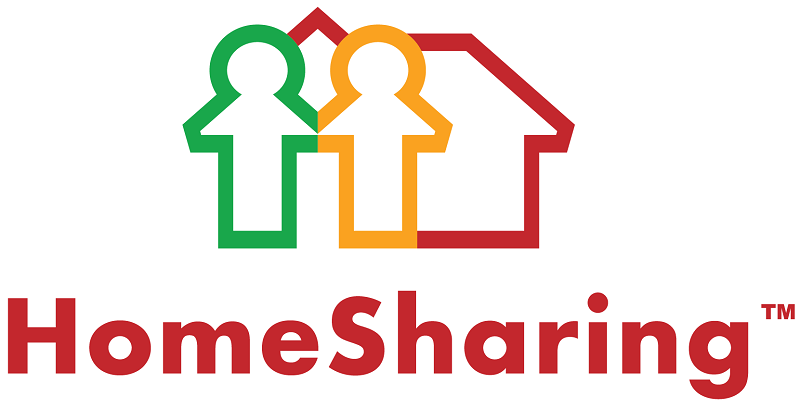

Read a couple’s profile of their initial home-share experience, and learn about available Provider-Seeker options. HomeSharing Inc.’s Executive Director Lisa Blum speaks of the matching process from the non-profit perspective.
Click “READ MORE >” below to read the article.
___________________________________________________________________________________________________________________________
Find a Match to Share Your Home
Consider this alternative to senior housing or moving in with families.
By Susan B. Garland, Contributing Editor
Kiplinger’s Retirement Report, December 2017
Older homeowners who are looking for extra cash and some help around the house may want to consider renting out a spare bedroom. To find a good fit, they can turn to home-sharing programs that will match an empty nester with someone needing affordable housing.
For older people who live alone, home-sharing could “be an alternative to senior housing or moving in with families,” says Kirby Dunn, executive director of HomeShare Vermont, based in South Burlington. Renters do not perform caregiving tasks, but they may agree to chores such as dog walking, driving and lawn mowing, often in return for reduced rent — the kind of help that could enable seniors to remain at home longer, Dunn says.
Julie Pierson, 77, and her husband, Stewart, 80, don’t need help now, but they are testing out home-sharing as an option later. For the past year, they have rented a furnished bedroom in their Hinesburg, Vt., house to retired engineer George E. King III, 76, a widower who moved from Rhode Island to Vermont because he liked the area. “We wanted to see what it would be like to have a stranger in the house,” says Julie, a retired social worker. They charge rent of $400 a month—“one extra plane flight to visit a child,” she says.
As part of a written agreement, King cooks one meal a week and cares for the Piersons’ two dogs when the couple are away. The Piersons and King value their privacy so they spend little time together. Stewart, a retired clergyman, says the arrangement “has gone well.”
King is pleased, too. He travels, visits longtime friends who live nearby, and says his large bedroom and bathroom are ideal for his needs. “I am fortunate to be living with some very nice people,” King says.
Local home-share groups, usually nonprofits, screen both homeowners and renters. “The typical provider is an older adult on a fixed income who may have taxes to pay or mortgage payments to make,” says Lisa Blum, executive director of HomeSharing Inc., based in Bridgewater, NJ. Home seekers may need affordable housing after a spouse’s death or a job loss.
Homeowners and renters must provide character references, and social workers interview prospective housemates on their “routines and pet peeves,” Blum says. Providers and seekers receive contact information on suitable housemates.
When two parties decide to give it a go, the nonprofit will help them draw up an agreement. Blum says the agreement can get into the nitty gritty of housemate life, such as quiet hours and how long dishes can remain
in the sink. (To find a local program, go to the website of the National Shared Housing Resource Center ).
[NOTE: Text highlight above made by HomeSharing, Inc. for posting purposes.]
Online Matchmakers
Several online entrepreneurs are now getting into the home-share game. Unlike local programs, online matchmakers such as for-profit Silvernest and nonprofit Senior Homeshares, both based in Boulder, Colo., generally do not interview prospective home sharers. Rather, “it’s a lot like online dating,” says Stephanie Heacox, Senior Homeshares’ chief executive officer. “Homeowners and home seekers fill out a profile, and an algorithm will make a match.”
Homeowners who use Heacox’s service submit profiles with information on rent, the house’s characteristics and what they want in a roommate. The seekers’ profiles could include work background and hobbies. Once the system spits out matches, users receive profiles without identifying information, and they can exchange e-mails through the group’s computer system.
Users of online home-sharing services must do much of the legwork, such as interviewing. “I recommend commonsense safety measures, such as taking a friend or neighbor to meet a potential housemate,” says Heacox, whose website includes links to resources on background checks and lease agreements. The Vermont program’s website includes a guide for pursuing a home share on your own.
___________________________________________________________________________________________________________________________
View the Kiplinger’s Retirement Report (Dec. 2017) article here.
(NOTE: Clicking this hyperlink will send you to an external website.)
